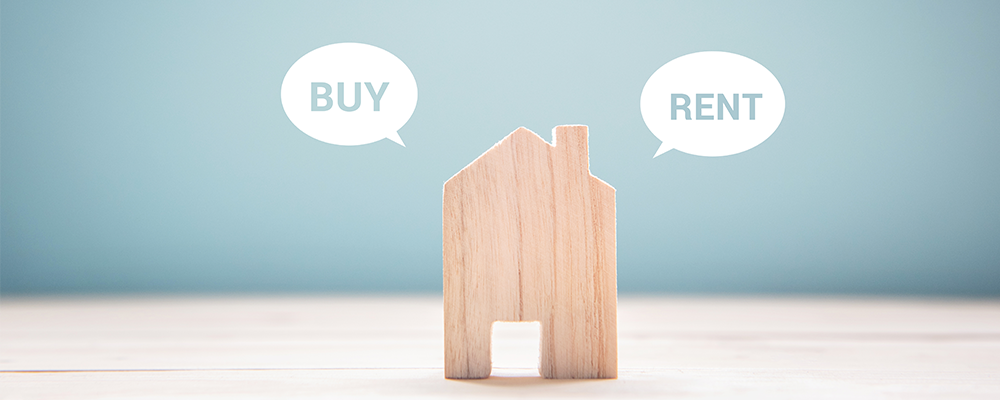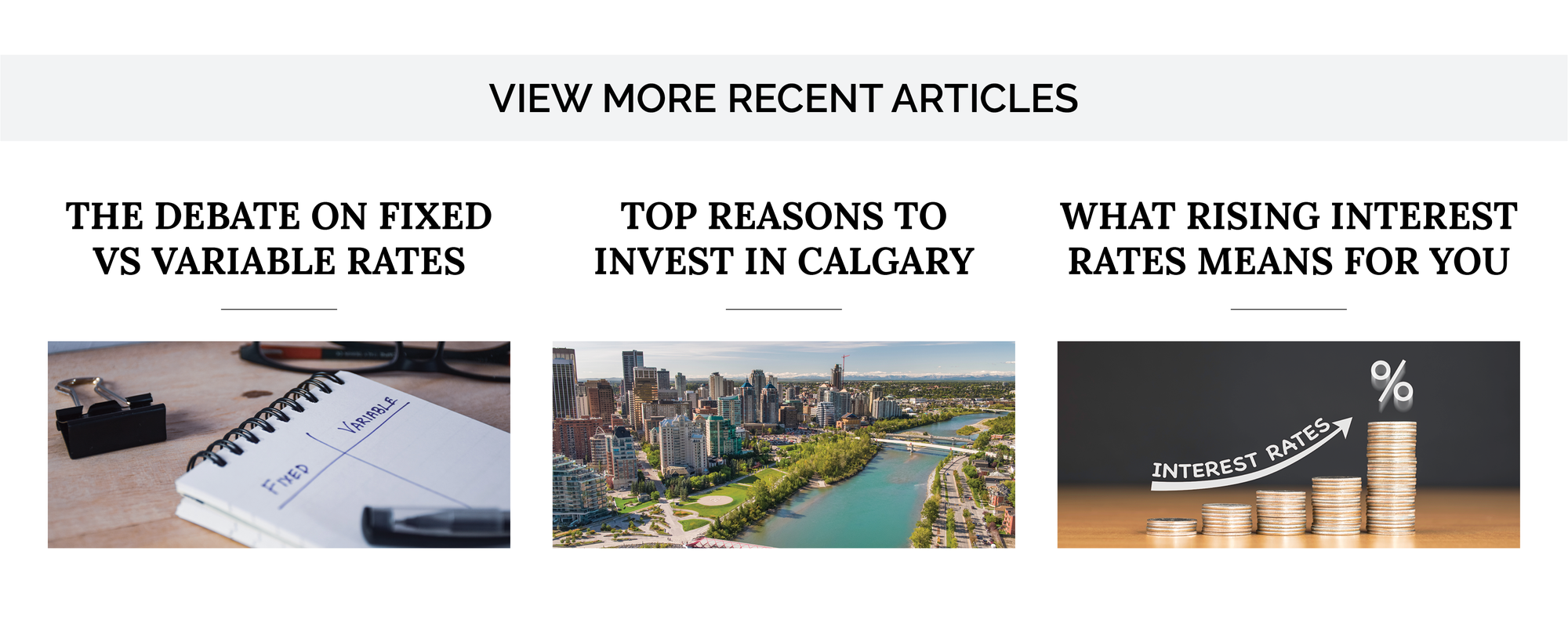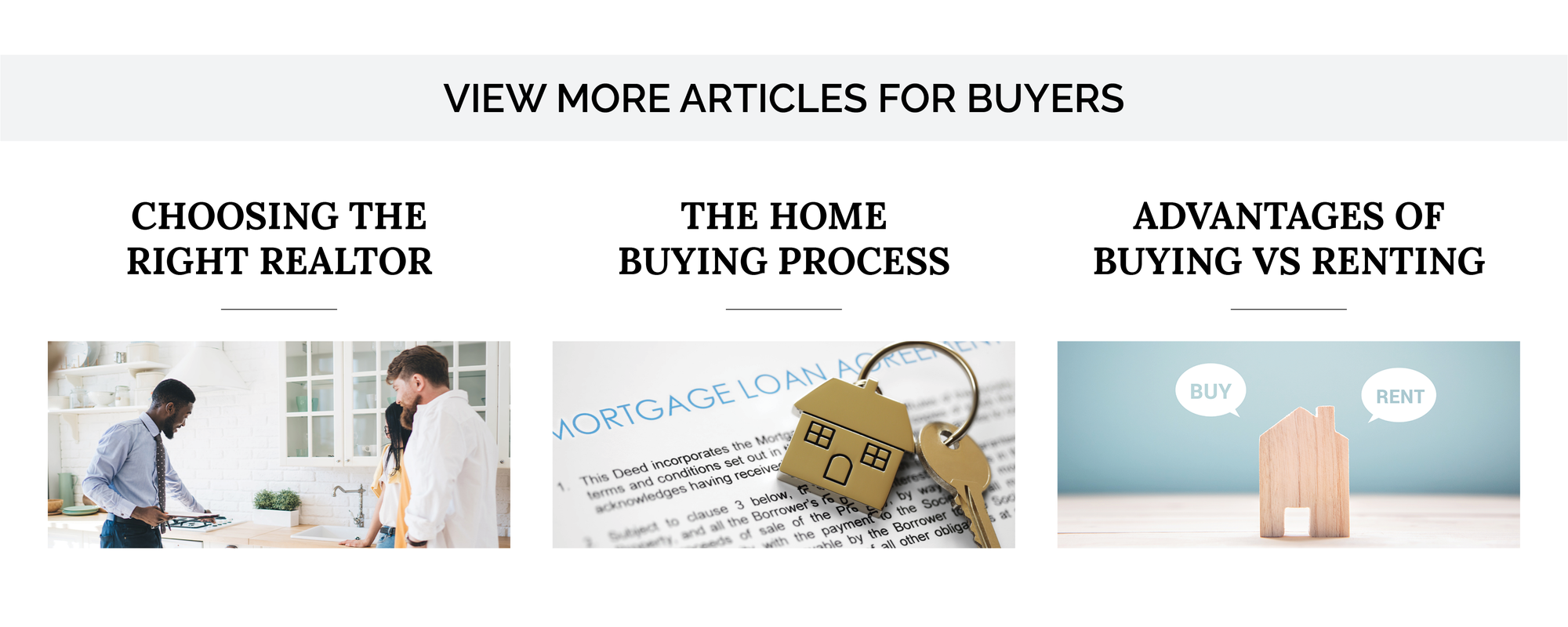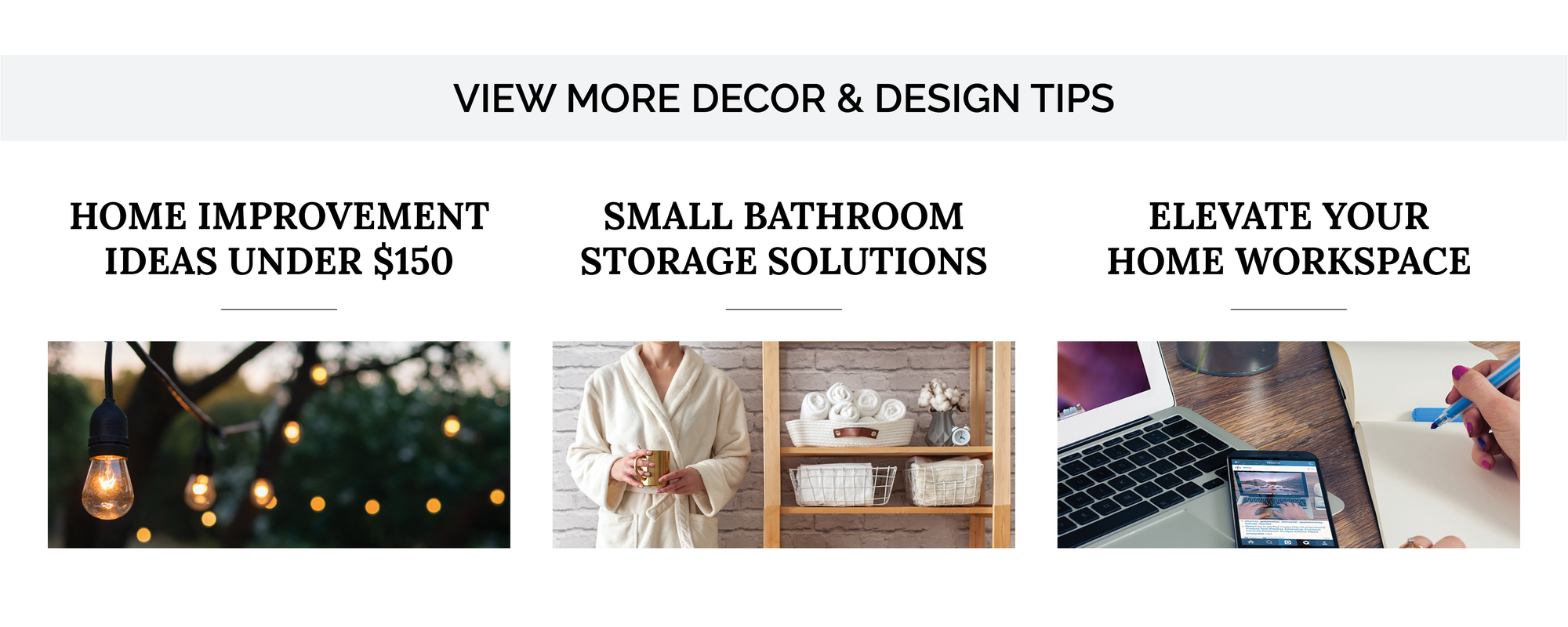
Deciding it is the right time to buy a home is a personal choice that involves crunching the numbers, various financial factors, and individual preferences. Comparing the costs of buying is more complicated than renting, so it is essential to look beyond the obvious numbers when considering your best move. While renting allows greater flexibility to relocate more frequently and, depending on the city/location, a smaller financial burden upfront.
Here’s why we believe purchasing a home has the bigger payoff in the long term:
It Builds Equity.
Mortgage payments include both principal and interest, with the principal representing your actual ownership of the home. Over time, the principal portion of each monthly payment increases, helping homeowners build equity faster.
Depending on your mortgage contract, you may have the option to pay down your mortgage faster by bumping up your monthly payments or putting a percentage down during the year that goes directly to the principle. If you are financially able to add more to your payments, you could shave many years off your mortgage amortization.
Homeowners can also build equity by making smart improvements to their property, especially if the renovation boosts the home’s resale value by a greater amount than the initial investment. For tips on updating your home smartly, see our blog post: Best Renovations for Resale.
Depending on your mortgage contract, you may have the option to pay down your mortgage faster by bumping up your monthly payments or putting a percentage down during the year that goes directly to the principle. If you are financially able to add more to your payments, you could shave many years off your mortgage amortization.
Homeowners can also build equity by making smart improvements to their property, especially if the renovation boosts the home’s resale value by a greater amount than the initial investment. For tips on updating your home smartly, see our blog post: Best Renovations for Resale.
There are Tax Benefits.
Purchasing a home comes with several tax benefits that certainly favour buying over renting. Depending on your situation, you may be able to claim interest on your federal income tax return. You may also be able to take advantage of other local, provincial or federal incentives such as home improvements that qualify for an energy tax credit.
Paying a Fixed Mortgage Makes Your Budget Predictable.
Most lease agreements last from six months to two years, and then it is time to re-sign or start over again from scratch. Anyone who has rented a home or condo in a healthy market knows rent hikes are the norm and very often entirely out of your control. If you buy a home and take out a fixed-rate mortgage, your house payment stays the same for the duration of the term, whether 1 or 5 years.
Buying a Home Costs Less than Renting Over Time.
Yes, this is over the long term. While your mortgage payment may be more than you’d pay in rent initially, you’ll spend less over the life of the loan if you buy. This is especially true if you factor in that real estate values often go up over the years and that when your mortgage is paid off, you can stop making payments and still keep the property.
It is a Good Investment.
As a long-time renter, you may very well end up paying tens of thousands of dollars over the years without having anything to call your own at the end of it. While you may be required to live more modestly to afford a home, and the cost of ownership goes far beyond a monthly mortgage payment, studies show that homeowners are 70 times more wealthy than people who rent long term. The purchase of a home is likely one of the most significant financial investments one will ever make in their lifetime. Still, the value of the equity built through homeownership over the long term is excellent.
There is Potential for Rental Income.
In addition to providing financial security, owning a home can also lead to more money-earning potential if homeowners choose to rent some or all of their property. This is common practice for first-time and especially younger buyers who want the freedom of owning their own place but require some additional financial aid in the form of a tenant to help pay down the mortgage. Many homeowners also chose to keep their first home for a rental income when moving to larger/different quarters. In addition to the financial benefits, renting out your home comes with tax perks as well because once your home becomes an investment property, many expenses such as home repairs, maintenance, depreciation costs, and interest become tax-deductible.
You Have More Creative Freedom.
If you are a renter, you know how difficult it is to make even minor aesthetic changes to your property, no matter how much you hate the colour of the bedrooms. In the odd case you are allowed to make changes, you sometimes have to switch everything back before you move out, or worse yet - don’t get things back, therefore completely losing your investment. When you own your own home, it is your space - and you can do whatever you want with it, assuming you stay mindful of zoning violations, city bylaws, and building permits. Paint the walls, change the floors, add a deck, update the doorknobs, even move a wall (after you get a building permit)…you get the point.




